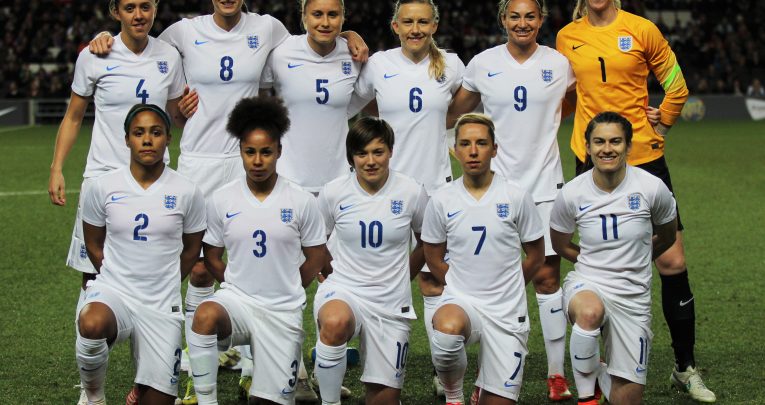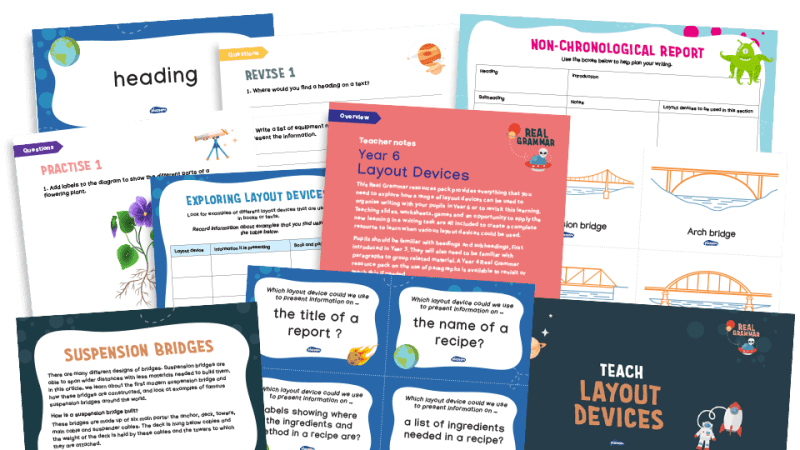Why Football Is The Perfect Tactic For Getting Students Excited About Literacy

Jim Sells explains the perfect lineup of reading, writing and the beautiful game

- by Jim Sells

I’ve been involved in the National Literacy Trust’s sport and literacy programmes for almost 20 years and I’ve seen first-hand how bringing football into the classroom levels the playing field for students who are falling behind – not just boys, but girls as well.
Our research shows that when students enjoy reading and writing, they are significantly more likely to do better at school and beyond. Yet when some children start secondary school, their enjoyment of both begins to decline and may never recover.
What we have on our side, however, is the fact that children are more likely to rediscover a love of reading and writing when they get to choose the subject, making football a particularly powerful tactic for raising literacy levels and helping students reach their potential.
Luckily, you don’t need to know the first thing about the offside rule to bring football to life in your classroom! Our wealth of resources and programmes will help you plan lessons, activities and games that will get your students excited about reading and writing – no matter what subject you teach. We’d like to share with you a couple of our latest ideas:
Literacy with the Lionesses
The UEFA Women’s Euro 2017 tournament is taking place in the Netherlands this summer, and England’s Lionesses have a fantastic chance of making it through to the final stages (at the time of publishing this on Teachwire they are in the semi-finals with a match against the host to come this week). This is a great opportunity to get your whole class rallying behind their national team and diving into football-related literacy activities in the classroom.
Working with The FA and children’s football author Tom Palmer, we’ve created a fantastic free toolkit for teachers of Year 7 and 8 students linked to the Women’s Euros. As well as the toolkit, there will be a guided reading resource and a set of writing challenges from top football writers in the game. On top of all this, Tom will be writing an episodic story, starting on 3 July, which will draw on events in and around the tournament. It’s yours for free to read out in class, at tutor groups or in a year group assembly.
As well as this, here are some of our favourite activities from the Literacy with the Lionesses toolkit – which includes the first chapter of the above story – to get you started:
- UEFA Women’s Euro 2017 themed assembly: Challenge a group of students to present an assembly about the Women’s Euros. They should champion the Lionesses and suggest a few Euro 2017 reading and writing ideas – perhaps a football word search, quiz or classroom wall display.
- Euro 2017 reading buddies: Use your school assembly to link up boys and girls as Euro 2017 reading buddies, so that older girls and boys can act as role models to younger students. The full resource contains a fantastic book list packed with sports-themed titles.
- International classroom: Lots of different countries are involved in the Euros tournament, so ask children from families of these countries to tell their class – or even the whole school at assembly – about their country’s love of football, history, culture and food. It’s a great chance to celebrate other cultures and get to know our European neighbours better.
- ‘Just a minute’ commentating game: This is for small groups, and you’re the ref! Students watch a minute from a football match with the sound off. There will be clips of the Lionesses on The FA’s website: thefa.com/england/womens-seniors. Play the clip again and challenge one pupil to commentate for as long as they can without hesitating, deviating from the subject or repeating themselves. Other pupils can buzz in and take over if they do. The winner is the last pupil speaking when the 60 seconds is up.
Going freestyle
Tapping into the growing phenomenon of freestyle football – the art of mastering exciting footie skills and tricks – we have recently launched our 10-session Skills Academy programme for Year 7 and 8 students who are struggling with their reading.
Skills Academy uses the power of freestyle football to help students increase their comprehension skills, reading stamina and motivation to read. Students complete reading challenges and are rewarded with exclusive how-to videos of impressive football tricks, which are demonstrated by some of Europe’s leading freestyle footballers.
The programme provides teachers with 10 easy-to-use lesson plans focusing on five core reading comprehension skills, 20 copies of the book Keeper by Mal Peet, and a year’s subscription to the Skills Academy website.
- 14-year-olds who enjoy reading have a reading age 3.3 years above their peers who do not enjoy reading
- Young people who enjoy writing very much are eight times more likely to write above the level expected for their age, compared with peers who don’t enjoy writing at all
- Children’s reading and writing enjoyment levels almost halve from age 11 to age 16 (reading: 77.6% to 43.8% / writing: 69.6% to 36.9%)
Recommended reads
There are many football-themed books, comics, magazines and websites, which could perhaps inspire some of your more reluctant readers. For example:
- Keeper by Mal Peet (age 11+)
- Foul Play series by Tom Palmer (age 11+)
- Dream On by Bali Rai (age 13+)
- Friendly Matches poems by Allan Ahlberg (age 11+)
- Match! Magazine
- National Football Museum
Jim Sells is sport and literacy programme manager at the National Literacy Trust
Sign up for Skills Academy by 10 July for your resources to arrive on the first day of the new school year: literacytrust.org.uk/skills-academy.
Enjoyment and progress: the link in figures
- 14-year-olds who enjoy reading have a reading age 3.3 years above their peers who do not enjoy reading
- Young people who enjoy writing very much are eight times more likely to write above the level expected for their age, compared with peers who don’t enjoy writing at all
- Children’s reading and writing enjoyment levels almost halve from age 11 to age 16 (reading: 77.6% to 43.8% / writing: 69.6% to 36.9%)
Recommended reads
There are many football-themed books, comics, magazines and websites, which could perhaps inspire some of your more reluctant readers. For example:
- Keeper by Mal Peet (age 11+)
- Foul Play series by Tom Palmer (age 11+)
- Dream On by Bali Rai (age 13+)
- Friendly Matches poems by Allan Ahlberg (age 11+)
- Match! Magazine
- National Football Museum
Jim Sells is sport and literacy programme manager at the National Literacy Trust










